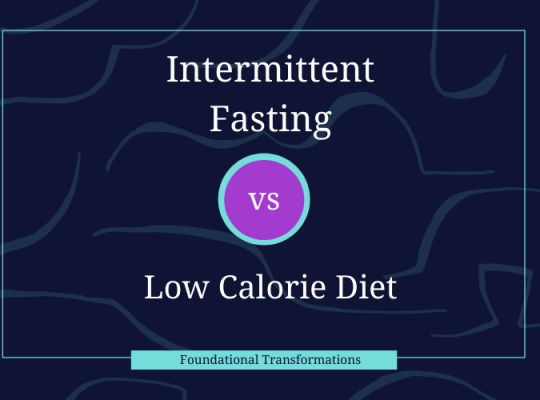Intermittent fasting has become a popular weight-loss method. Proponents also point to other intermittent fasting benefits, including better heart health, reduced cancer and Alzheimer’s disease risk, and improved blood sugar levels.
But what does the science show when it comes to the effectiveness of intermittent fasting?
History
Researchers have been studying intermittent fasting for over 25 years. Most studies have involved animals. But clinical trials with humans have also been done. Intermittent fasting became popular within the last decade as scientists published self-help books describing the benefits. Many people have tried intermittent fasting with mixed results.
Animal Studies
Multiple studies on rats have shown that intermittent fasting:
- Promotes Weight Loss
- Lowers Blood Pressure
- Decreases Cholesterol
- Improves Blood Sugar Levels
Studies conducted by the National Institute on Aging showed improved heart and brain health in rats fed with an intermittent fasting method. Studies published in the journal Nutrition Reviews and the American Journal of Clinical Nutrition concluded that intermittent fasting might have benefits for overall health, including:
- Reduced Triglycerides
- Lower LDL Cholesterol
- Lower Blood Pressure
- Weight Loss
- Lower Fat Mass
- Reduced Blood Glucose
Researchers believe that intermittent fasting may provide health benefits because it causes stress on the body’s cells during fasting periods. Mild stress is needed within the body to promote maximum function. Much like exercise, metabolic stress from intermittent fasting helps train the body to use food in healthier ways.
Human Studies
A recent in-depth review by the New England Journal of Medicine concluded that both animal and human studies explained that intermittent fasting is a part of human evolutionary biology. As hunters and gatherers, ancient humans did not always have access to food.
Their bodies learned to adapt to periods without food and then use food when available for energy, repair, and growth. Intermittent fasting is similar to that ancient pattern. It promotes essential cellular functions that help the body:
- Burn Calories
- Lose Weight
- Improves Metabolism
- Lowers Blood Sugar
- Lessens Inflammation
- Remove Toxins and Damaged Cells
A study published in the International Journal of Obesity focused on young, overweight women. The study showed that intermittent fasting was as effective as a long-term restricted diet for weight loss. Other studies showed both be benefits for weight loss and overall health
A study conducted by the University of Alabama compared fasting periods on overweight men with prediabetes. Some participants were allowed to eat eight hours a day, while another group was allowed 12 hours a day. Both groups maintained their initial weight during the study and did not gain or lose weight. But the eight-hour group had much lower insulin levels and significantly lower blood pressure.
In the journal Free Radical Biology and Medicine, another study focused on overweight adults with asthma. In this study, participants were allowed to eat 20% of their regular caloric intake on alternate days and eat their regular caloric intake on the other days. Within eight weeks, participants lost 8% of their body weight. The participants also had:
- Decreased Oxidated Stress Markers
- Reduced Inflammation
- Improvement of Asthma-related Symptoms
- Enhanced Quality-of life-Indicators
Cautions
Researchers and doctors agree that intermittent fasting is not healthy for specific people or people with certain medical conditions. They caution against using intermittent fasting if you have or are:
- Diabetes
- Eating Disorders
- Use Medications Requiring Food Intake
- Children and Adolescents
- Pregnant
- Breastfeeding
During the review conducted by the New England Journal of Medicine, researchers found that drop-out rates for participants ranged from 0-65% depending on the fasting method and study length. Like a continuously restricted-calorie diet, some people, especially those who eat regularly throughout the day, may find it hard to adjust to intermittent fasting.
Studies on animals point to many health benefits of using intermittent fasting. Human trials have shown success in weight loss and overall health. Intermittent fasting isn’t for everyone and may be as challenging to maintain as a long-term restricted-calorie diet.







